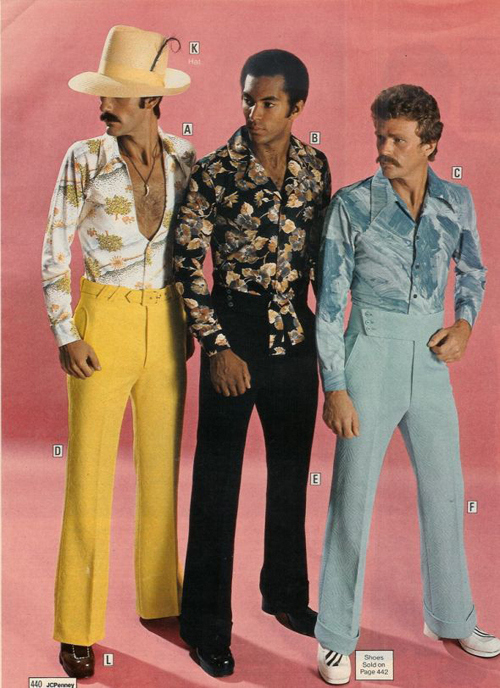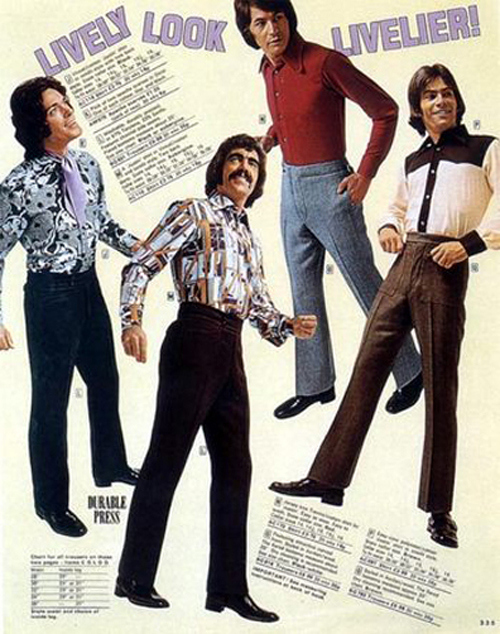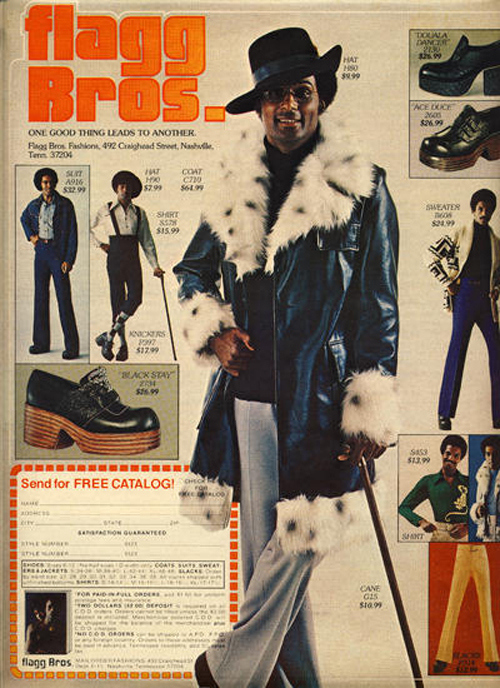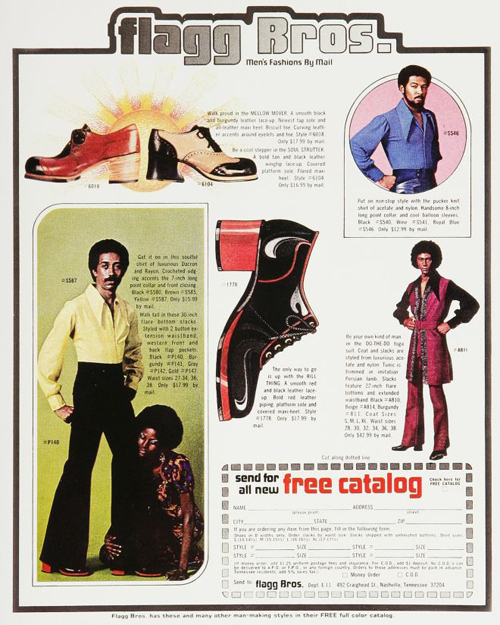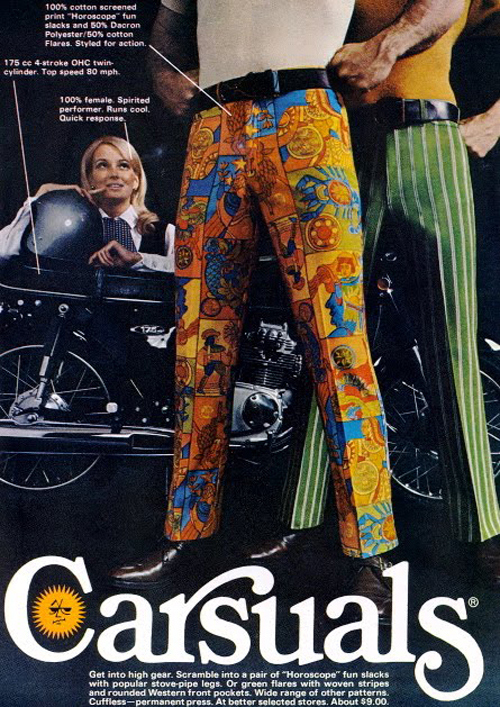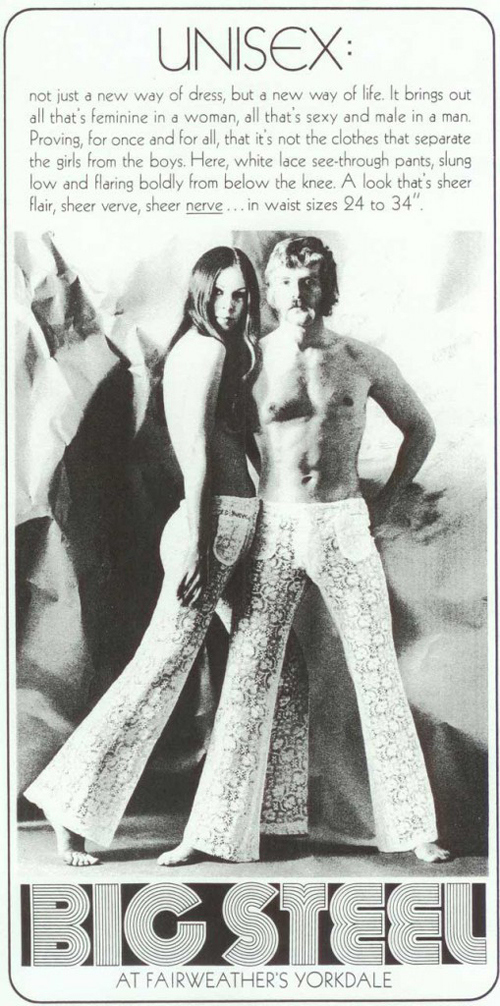Ever since I was felled in mid-book tour this summer, I have adored and seized all chances to play catch-up and to keep as many engagements as I can. Debating and lecturing are part of the breath of life to me, and I take deep drafts whenever and wherever possible. I also truly enjoy the face time with you, dear reader, whether or not you bring a receipt for a shiny new copy of my memoirs. But here is what happened while I was waiting to sign copies at an event in Manhattan a few weeks ago. Picture, if you will, me sitting at my table, approached by a motherly-looking woman (a key constituent of my demographic):
She: I was so sorry to hear you had been ill.
Me: Thank you for saying so.
She: A cousin of mine had cancer.
Me: Oh, I am sorry to hear that.
She: [As the line of customers lengthens behind her.] Yes, in his liver.
Me: That’s never good.
She: But it went away, after the doctors had told him it was incurable.
Me: Well, that’s what we all want to hear.
She: [With those farther back in line now showing signs of impatience.] Yes. But then it came back, much worse than before.
Me: Oh, how dreadful.
She: And then he died. It was agonizing. Agonizing. Seemed to take him forever.
Me: [Beginning to search for words.] …
She: Of course, he was a lifelong homosexual.
Me: [Not quite finding the words, and not wishing to sound stupid by echoing “of course.”] …
She: And his whole immediate family disowned him. He died virtually alone.
Me: Well, I hardly know what to …
She: Anyway, I just wanted you to know that I understand exactly what you are going through.
This was a surprisingly exhausting encounter, without which I could easily have done. It made me wonder if perhaps there was room for a short handbook of cancer etiquette. This would apply to sufferers as well as to sympathizers. After all, I have hardly been reticent about my own malady. But nor do I walk around sporting a huge lapel button that reads: ask me about stage four metastasized esophageal cancer, and only about that. In truth, if you can’t bring me news about that and that alone, and about what happens when lymph nodes and lung may be involved, I am not all that interested or all that knowledgeable. One almost develops a kind of elitism about the uniqueness of one’s own personal disorder. So, if your own first- or secondhand tale is about some other organs, you might want to consider telling it sparingly, or at least more selectively. This suggestion applies whether the story is intensely depressing and lowering to the spirit—see above—or whether it is intended to convey uplift and optimism: “My grandmother was diagnosed with terminal melanoma of the G-spot and they just about gave up on her. But she hung in there and took huge doses of chemotherapy and radiation at the same time, and the last postcard we had was from her at the top of Mount Everest.” Once again, your narrative may fail to grip if you haven’t taken any care to find out how well or badly your audience member is faring (or feeling).
It’s normally agreed that the question “How are you?” doesn’t put you on your oath to give a full or honest answer. So when asked these days, I tend to say something cryptic like “A bit early to say.” (If it’s the wonderful staff at my oncology clinic who inquire, I sometimes go so far as to respond, “I seem to have cancer today.”) Nobody wants to be told about the countless minor horrors and humiliations that become facts of “life” when your body turns from being a friend to being a foe: the boring switch from chronic constipation to its sudden dramatic opposite; the equally nasty double cross of feeling acute hunger while fearing even the scent of food; the absolute misery of gut-wringing nausea on an utterly empty stomach; or the pathetic discovery that hair loss extends to the disappearance of the follicles in your nostrils, and thus to the childish and irritating phenomenon of a permanently runny nose. Sorry, but you did ask … It’s no fun to appreciate to the full the truth of the materialist proposition that I don’t have a body, I am a body.
But it’s not really possible to adopt a stance of “Don’t ask, don’t tell,” either. Like its original, this is a prescription for hypocrisy and double standards. Friends and relatives, obviously, don’t really have the option of not making kind inquiries. One way of trying to put them at their ease is to be as candid as possible and not to adopt any sort of euphemism or denial. So I get straight to the point and say what the odds are. The swiftest way of doing this is to note that the thing about Stage Four is that there is no such thing as Stage Five. Quite rightly, some people take me up on it. I recently had to accept that I wasn’t going to be able to attend my niece’s wedding, in my old hometown and former university in Oxford. This depressed me for more than one reason, and an especially close friend inquired, “Is it that you’re afraid you’ll never see England again?” As it happens he was exactly right to ask, and it had been precisely that which had been bothering me, but I was unreasonably shocked by his bluntness. I’ll do the facing of hard facts, thanks. Don’t you be doing it, too. And yet I had absolutely invited the question. Telling someone else, with deliberate realism, that once I’d had a few more scans and treatments I might be told by the doctors that things from now on could be mainly a matter of “management,” I again had the wind knocked out of me when she said, “Yes, I suppose a time comes when you have to consider letting go.” How true, and how crisp a summary of what I had just said myself. But again there was the unreasonable urge to have a kind of monopoly on, or a sort of veto over, what was actually sayable. Cancer victimhood contains a permanent temptation to be self-centered and even solipsistic.
So my proposed etiquette handbook would impose duties on me as well as upon those who say too much, or too little, in an attempt to cover the inevitable awkwardness in diplomatic relations between Tumortown and its neighbors. If you want an instance of exactly how not to be an envoy from the former, I would offer you both the book and the video of The Last Lecture. It would be in bad taste to say that this—a pre-recorded farewell by the late professor Randy Pausch—had “gone viral” on the Internet, but so it has. It should bear its own health warning: so sugary that you may need an insulin shot to withstand it. Pausch used to work for Disney and it shows. He includes a whole section in defense of cliché, not omitting: “Other than that, Mrs. Lincoln, how was the play?” The words “kid” or “childhood” and “dream” are employed as if for the very first time. (“Anyone who uses ‘childhood’ and ‘dream’ in the same sentence usually gets my attention.”) Pausch taught at Carnegie Mellon, but it’s the Dale Carnegie note that he likes to strike. (“Brick walls are there for a reason … to give us a chance to show how badly we want something.”) Of course, you don’t have to read Pausch’s book, but many students and colleagues did have to attend the lecture, at which Pausch did push-ups, showed home videos, mugged for the camera, and generally joshed his head off. It ought to be an offense to be excruciating and unfunny in circumstances where your audience is almost morally obliged to enthuse. This was as much an intrusion, in its way, as that of the relentless motherly persecutor with whom I began. As the populations of Tumortown and Wellville continue to swell and to “interact,” there’s a growing need for ground rules that prevent us from inflicting ourselves upon one another.




